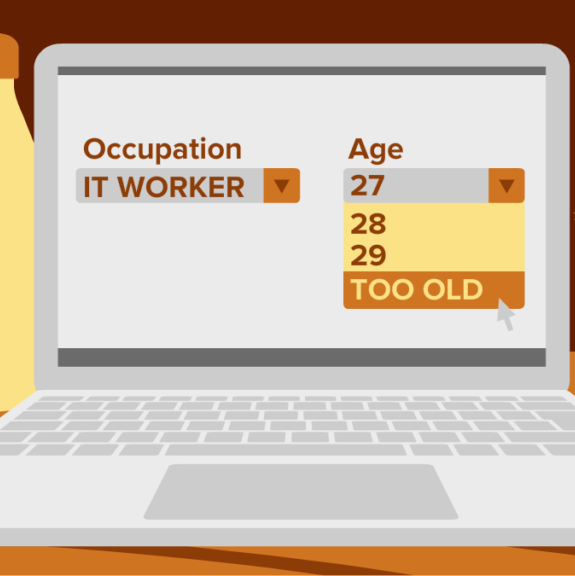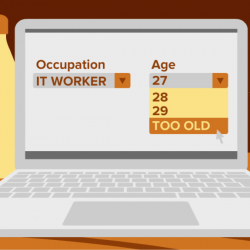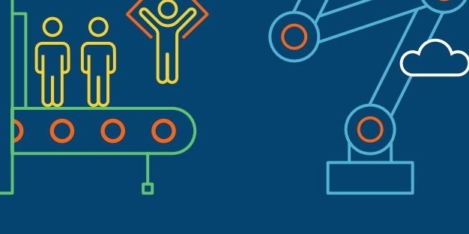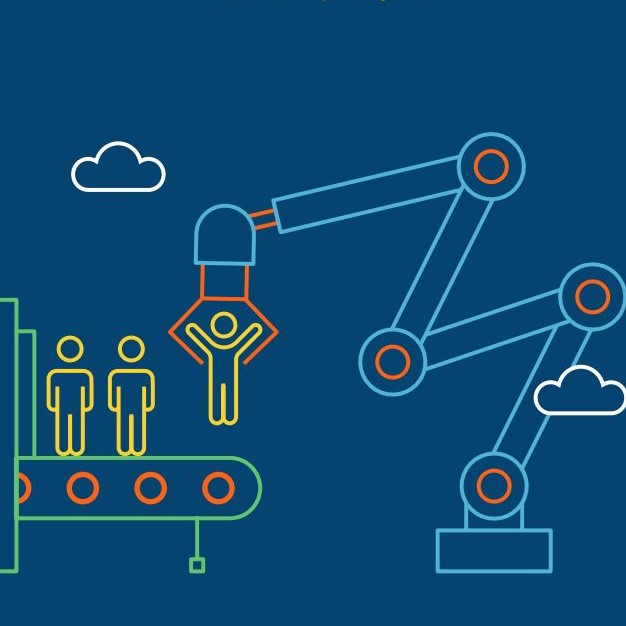To provide the best experiences, we use technologies like cookies to store and/or access device information. Consenting to these technologies will allow us to process data such as browsing behaviour or unique IDs on this site. Not consenting or withdrawing consent, may adversely affect certain features and functions.
The technical storage or access is strictly necessary for the legitimate purpose of enabling the use of a specific service explicitly requested by the subscriber or user, or for the sole purpose of carrying out the transmission of a communication over an electronic communications network.
The technical storage or access is necessary for the legitimate purpose of storing preferences that are not requested by the subscriber or user.
The technical storage or access that is used exclusively for statistical purposes.
The technical storage or access that is used exclusively for anonymous statistical purposes. Without a subpoena, voluntary compliance on the part of your Internet Service Provider, or additional records from a third party, information stored or retrieved for this purpose alone cannot usually be used to identify you.
The technical storage or access is required to create user profiles to send advertising, or to track the user on a website or across several websites for similar marketing purposes.
 Four years after the Paris Climate Agreement, tangible action from governments is falling well short of what is needed to restrict global warming to 1.5° Celsius. Meanwhile, the actions of the majority of businesses that do support emissions reductions also currently fall far short of where they need to be to address climate change. A new impetus for 2020 to raise company ambitions to net zero emissions by 2050 at the latest, is required. These are the findings of a new report, The Net Zero Challenge published by the World Economic Forum. More →
Four years after the Paris Climate Agreement, tangible action from governments is falling well short of what is needed to restrict global warming to 1.5° Celsius. Meanwhile, the actions of the majority of businesses that do support emissions reductions also currently fall far short of where they need to be to address climate change. A new impetus for 2020 to raise company ambitions to net zero emissions by 2050 at the latest, is required. These are the findings of a new report, The Net Zero Challenge published by the World Economic Forum. More →

































December 18, 2019
Anthropology might hold answers to the most difficult workplace challenges
by Christopher Diming • Comment, Workplace design
More →